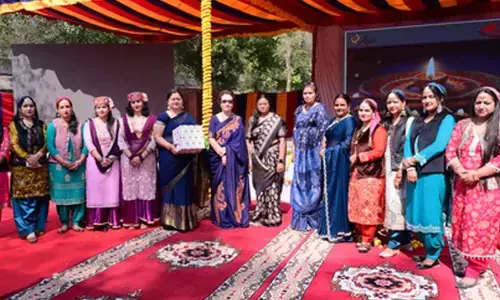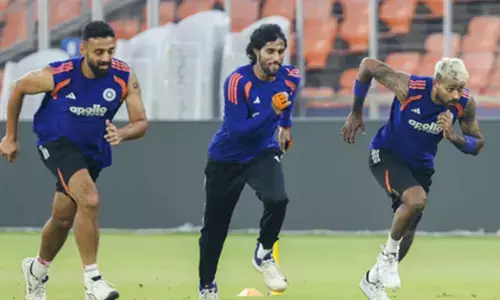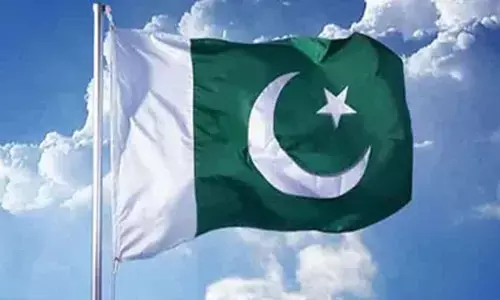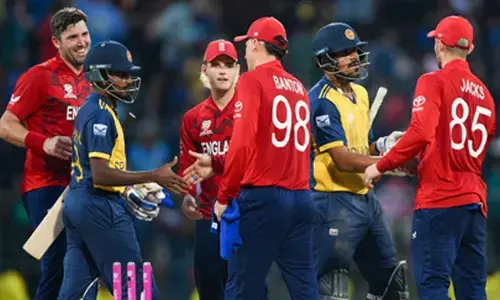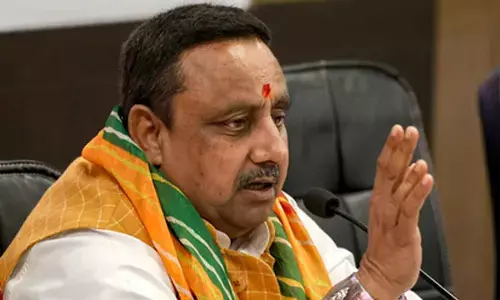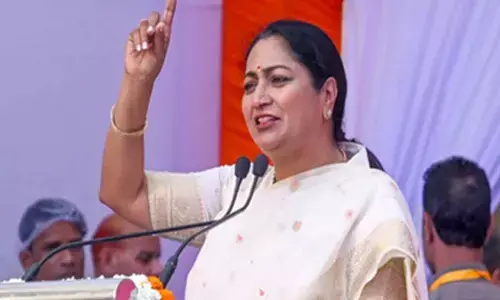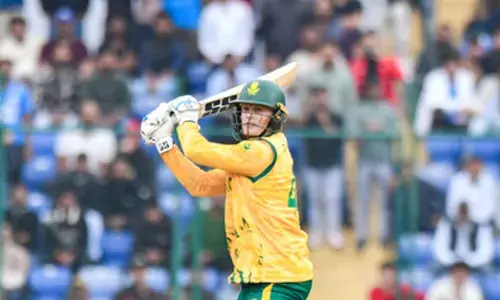Travelling inculcates educating experience

When Robert Louis Stevenson said, in his collection of essays, ‘VirginibusPuerisque’, “……..for to travel hopefully is a better thing, than to arrive,…” he was expressing the Taoist sentiment, known earlier, that ‘the journey is the reward’.
The pleasures, and rewards, of travelling to distant lands, have fascinated people since time immemorial. While some travelled to learn about people in other countries and their cultures, others were consumed by the passion for discovering and exploring the mysteries of hitherto unknown lands. From Megasthanes and Ptolemy, through FaHien, Hieun Tsang, Al Beruni, and Marco Polo,to Columbus, the history of mankind is replete with the experiences of great travellers.
Kings, and their representatives, often travelled incognito to mingle with the common people and understand their desires and aspirations, as well as the opinion they held if the quality of governance in the land. Even in the earlier days of service in government, we were required to stay overnight for at least a specified number of days every month, in places away from our headquarters, to familiarise ourselves with the conditions available there.
Not all travel, however, need have a purpose. As Stevenson said, the very activity of travelling is an educating experience.
My earliest memory of travel is that of the excursion, on which I, as a member of a group belonging to the children’s institution, Andhra Balanandam Sangham were taken. We traveled by bus to the popular camping spot, Tonakela, near Madras (as Chennai was then known). Although there were some recreational and educational activities organised there, the main purpose of the trip was to inculcate in the members, the qualities of teamwork, and the spirit of adjustment, and adventure, that the experience demanded. Another sharp memory from my childhood days, is that of travelling by train, with my mother, to Coimbatore to participate as a child artist in the shooting of the film ‘Manohara’ at the Pakshiraja Studios. Just a few days earlier, a train had been derailed by terrorists and I spent the night in apprehension and fear with my mother trying to console me. I recollect meeting the famous ‘Travancore sisters’, Lalitha, Padmini and Ragini, during our stay there.
I had a somewhat bizarre encounter with train travel when in the year 1970, while I was posted as sub collector at Ongole in Prakasam district in Andhra Pradesh state, President V V Giri was travelling by a special train from New Delhi to Chennai. The train stopped at two places in my sub division, Chinaganjam, which has a watering station and, of course, Ongole. While the collector and forth at Ongole I was on duty at Tina Ganjam, all formally dressed in a buttoned up coat, only to stand at attention while the VVIP train continued its regal journey after a brief halt!
A far more pleasant experience of train travel, was when, along with my wife Usha and the two children, as Secretary to the Governor, I had accompanied Sharda Mukherjee, the then Governor of Andhra Pradesh, on a visit to Anantapur district in the state, travelling in a specially hired saloon. It was a truly memorable experience, with the saloon having all the trappings of comfort, if not luxury.A kitchen, a dining hall, bedrooms, and supporting staff! I mean!
An unexpected, and thrilling, experience was going to Bombay (as it was then known) from (the then) Madras, to appear for an interview for selection as a Station Superintendent an in Air India. I was one among the 9 people, shortlisted from about two hundred, who had written an examination earlier in the day. That was my very first experience in an aero plane, and was made that much more exciting, by an announcement that we might have to land in Karachi as a thunderstorm had made it caused Bombay airport to shut down temporarily. I entertained short-lived visions of my first flight landing in a foreign country.Butsoon, the weather improved dramatically, and we landed at our original destination. Years later, a college friend of mine, Frank Elias, who incidentally had trained for being a Pilot along with Rajiv Gandhi, was the Commander of the flight in which I was flying to Tirupati. And, before landing, he invited me into the cockpit and flew low and close to the town, so that one good see all the highlights including the Lord Venkateswara temple, from the air, a truly thrilling experience.
It was the 20th of May 1991. Rajiv Gandhi as the President of the AICC (I), was on an election campaign visit to Hyderabad. After fulfilling his engagements. He participated in public meetingstill the wee hours of next morning and, after a forty five minute break for rest, left the Lake View Guest House for the airport. I still recollect how fresh, and rested, Rajiv Gandhi looked as he climbed into the front seat of the car, saying, “Chalo, Janardan – ji”. I was among those who went along with the Chief Minister Janardhana Reddy, to the next stop, Visakhapatnam. At the end of the day Rajiv Gandhi was to leave for Chennai when, on the way to the Visakhapatnam airport, the pilot informed Rajiv Gandhi that inclement weather made take off and icy proposition. Despite his unwillingness, Rajiv Gandhi was locked out of taking off and the convoy began to return to Visakhapatnam. Unfortunately, within a few minutes, the pilot rang again to say that take off as possible. The convoy made a U-turn, reached the airport and Rajiv Gandhi took off. And what happened the next day at Sriperumbudur is history.
A light hearted diversion to end this part.
A little detour here. Whenever I come across the expression “presence of mind,” I cannot help recalling the hilarious context in which my cousin Atchyutram used it long years ago. He and I were part of a group of friends travelling to Tirupati by train. The train had stopped at Nellore railway station enroute. All of us got off and were having a cup of coffee when the train hooted and started moving away from the platform. We hastily put our cups down and ran to the train. Once inside, we found Atchyutram missing. We saw him rushing to the door of the coach as the train gained speed and barely managing to get hold of the railing near the door, still running. All he needed to do then was to get a foot into the footboard and one of us would have pulled him inside. Instead Atchyutram kept running and would not let go off the railing. As a result he was on the verge of being dragged on the floor of the platform. Fortunately two of us managed to get hold of his arms, and pull him into the compartment, just as the train began to accelerate.
Before I could rebuke him Atchyutram proudly pronounced, “Thank God I had the presence of mind to hold on to the train!”
Needless to say we were all speechless. The incident remains permanently etched in my mind as a remarkable example of what precisely presence of mind is not!


